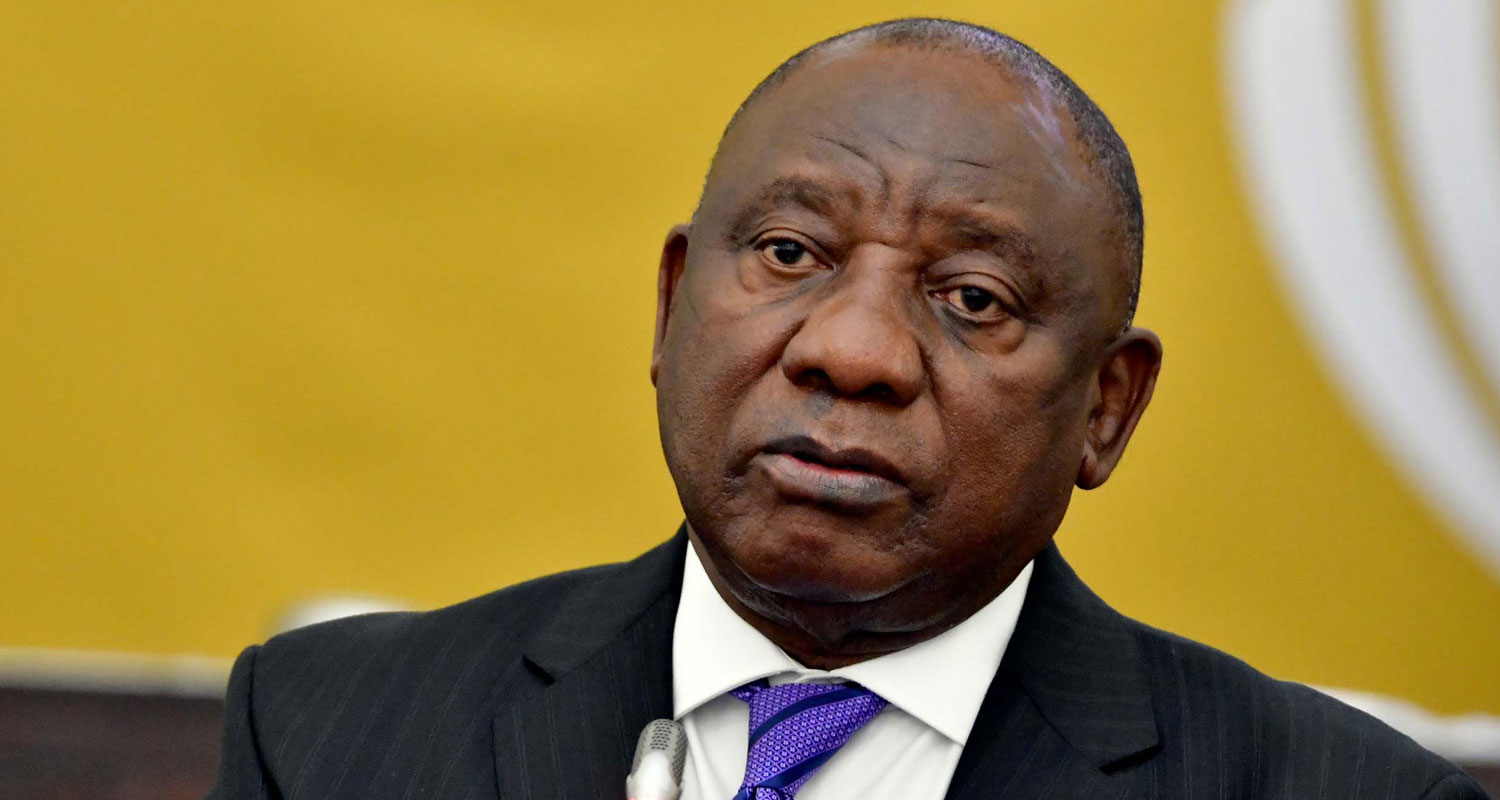
President Cyril Ramaphosa declared a state of disaster on Thursday to fight South Africa’s paralysing power crisis that in recent months has included daily rolling power cuts. What does this mean and how might it resolve a crisis that has been years in the making?
What is a national state of disaster?
The president has the power under the 2002 National Disaster Management Act to declare a crisis a national state of disaster if existing legislation cannot adequately deal with the problem.
This gives the government powers to release available resources to tackle the disaster, appoint people to render emergency services, and to bypass existing laws in the procurement and delivery of goods and services.
It is implemented by a cabinet member who heads an intergovernmental committee to mitigate the disaster through co-ordination between national, provincial and municipal bodies and the National Disaster Management Centre.
How can it help resolve the power crisis?
Under the declaration, Ramaphosa envisages faster roll-out of generators and solar panels to ensure uninterrupted power supply for businesses in food production, storage and retail supply chains.
It would also exempt critical infrastructure such as hospitals and water treatment plants from rolling blackouts and limit regulatory requirements in procurement. There is no clarity yet on where the power supply for these places will come from.
Energy experts said that while the disaster status might not resolve the power shortage, it would help the government do away with a lengthy procurement system and hasten coordination between different government agencies and stakeholders, including power utilities, energy regulators and the private sector.
Read: Ramaphosa declares state of disaster over energy crisis
It can also do away with litigation and public participation processes that are usually a requirement for new measures.
It could also lead to a rapid uptake of solar in public sector buildings such as hospitals, schools and municipal buildings through a nationalised central tendering process. The government is looking at funding schemes for easier access to solar panels and also at cutting down the time taken to award projects.
 When was it last implemented and has it worked in the past?
When was it last implemented and has it worked in the past?
This is the third time in as many years that the government has invoked the national disaster state. It was implemented in March 2020 to deal with the coronavirus pandemic and again last April following devastating flooding in KwaZulu-Natal.
While it is difficult to quantify the impact of the proclamation, in the past the announcement has enabled the government to offer aid in the form of grants, to release resources to make available food and shelter and to offer relief to sectors such as employers and employees and small businesses.
Its effectiveness in combatting the power crisis could be more measurable as Ramaphosa has said it will help “in a massive increase in power to the grid over the next 12 to 18 months”.
What are experts saying on the announcement?
The Democratic Alliance has said it will mount a legal challenge against the government for declaring the state of disaster, alleging the government abused procurement processes during the Covid-19 pandemic.
The legislation was used to enable health authorities to respond more swiftly to the pandemic, but some analysts doubt it will help the government expand power supply much quicker.
Read: ANC’s ‘disaster’ plan to end load shedding panned by critics
Analysts have also warned the sweeping powers could lead to more corruption, with less scrutiny of the tendering.
Ramaphosa said as part of the state of disaster he would appoint a new minister in the president’s office to deal with electricity, which critics said would lead to bureaucratic delays as two other cabinet portfolios exist to deal with both Eskom and the energy sector. — Carien du Plessis and Kopano Gumbi, with Promit Mukherjee, (c) 2023 Reuters

